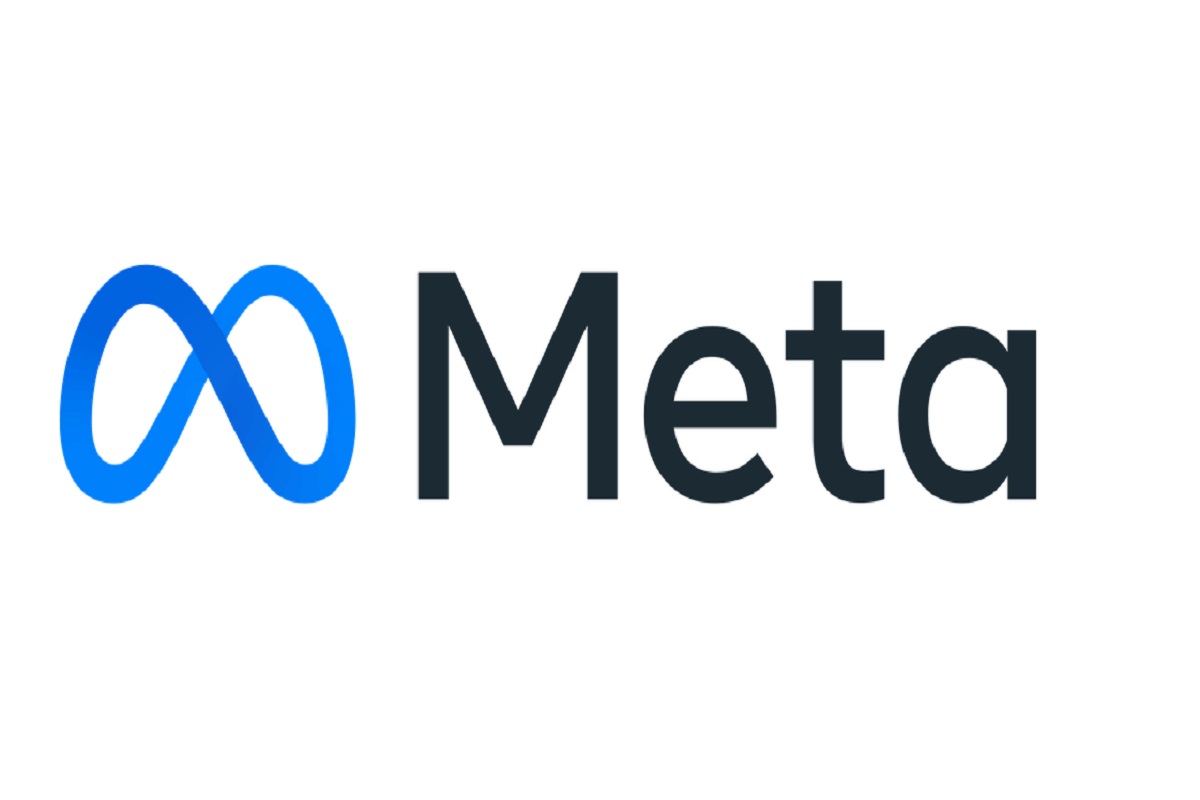The social network Facebook, which is part of the Meta ownership structure, lose in the Supreme Court of the European Union for the cancellation of the German antitrust decision, which provided for a review of the business strategy of the American technology firm.
 The court’s decision is based on the conclusion that the Federal Office for Combating Cartels in Germany did not go beyond its powers in the framework of actions regarding the virtual platform. In 2019, the German regulator imposed its landmark order on Facebook. This decision was a kind result of an antimonopoly investigation, during which the possible involvement of the social network in the practice of violating European data protection standards was considered.
The court’s decision is based on the conclusion that the Federal Office for Combating Cartels in Germany did not go beyond its powers in the framework of actions regarding the virtual platform. In 2019, the German regulator imposed its landmark order on Facebook. This decision was a kind result of an antimonopoly investigation, during which the possible involvement of the social network in the practice of violating European data protection standards was considered.
This trial has a landmark character since it is a kind of demonstration of the limit to which European antimonopoly regulators can reach in terms of decision-making and measures as part of monitoring compliance with the use of massive data sets by Silicon Valley companies. This case is also indicated in the context of the activities of the European authorities to prevent the application of confidential information as a tool to strengthen market positions.
The EU Court of Justice, located in Luxembourg, ruled that competition authorities, investigating possible abuse of a dominant position in the market by such large companies as Meta, for example, can also point to violations of the General Data Protection Regulation of the European Union. The Court also pointed out that in such cases, the antimonopoly authorities should interact with other authorities.
Currently, Meta is in the zone of increased attention from the European authorities. The tech giant appears in national antitrust investigations. The companies are directly related to the investigations conducted by the European Commission. The tech giant also found itself at the center of a data protection lawsuit.
In May, the company was fined a record $1.3 billion in the EU. This fine was a measure of influence concerning the violation of confidentiality standards. Also, in regard to the technology giant, a decision was made on the obligation to stop the practice of sending user data to the United States. European regulators said that the company failed to protect confidential information from American intelligence agencies.
Meta stated during the trial that the German antimonopoly regulator unjustifiably and unlawfully combined data protection issues and legislation to counter the dominant position in the market. The tech giant claims that this practice was aimed at creating a kind of legal framework that should force the company to make adjustments to its business strategy.
The German court requested the opinion of the EU Tribunal on the application of pan-European rules in the framework of this trial. This practice is a new approach for regulators, according to which an antitrust investigation is used to solve data privacy problems.
The tech giant said it is currently evaluating the EU court’s decision and will provide more comments on the matter later.









